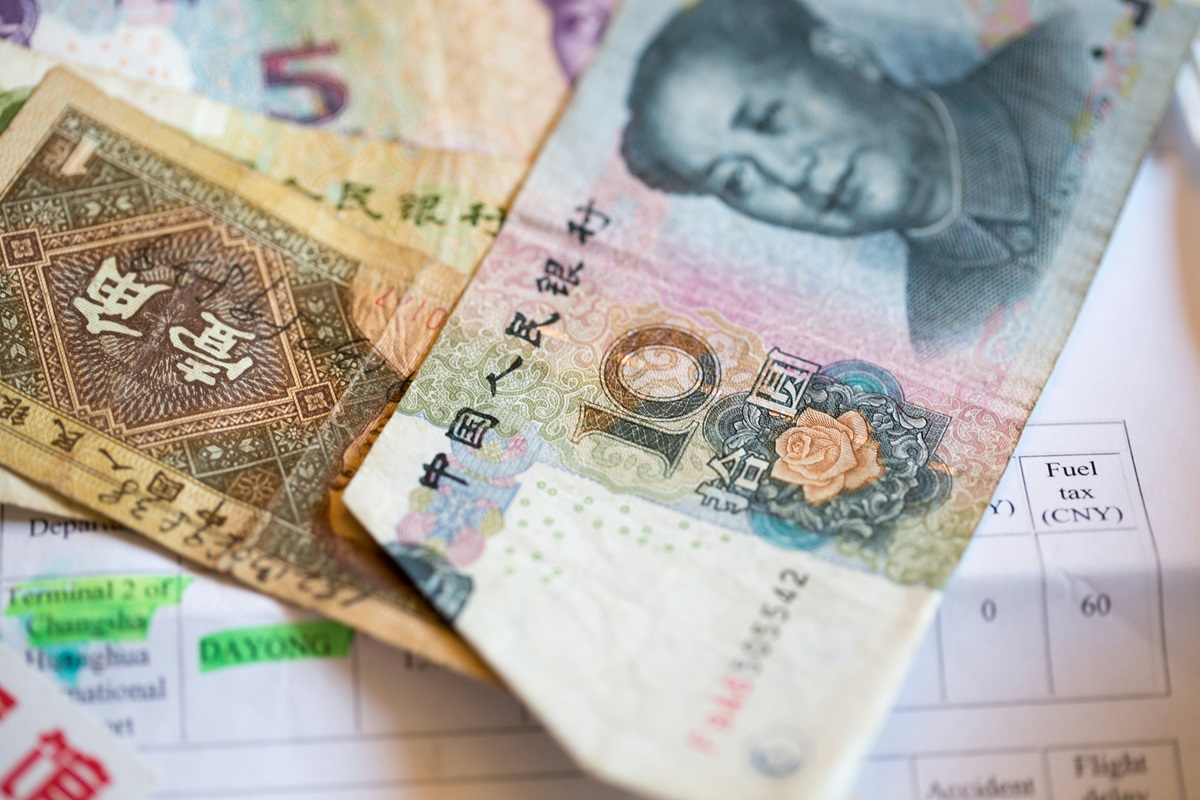Beijing gives more fiscal leeway to local government amid financial crisis
The recent third party plenum, among other decisions, gave a green light to local governments to exercise greater “autonomous fiscal capacity" to cope with a growing gap between revenues and expenditures. When China’s real estate bubble burst, prefecture-level and county-level governments found their huge debts even more unsustainable. Meanwhile, the central bank has cut rates again to stimulate growth that has failed so far to meet expectations.
Beijing (AsiaNews/Agencies) – Officially, local governments in China face a debt burden of US$ 5.6 trillion (a figure underestimated according to many independent analysts). Faced with this, the Communist Party of China (CPC) plans to give more powers to local governments to tax and manage tax revenues.
This appears to be the most significant decision among the resolutions adopted last week by the third Plenum of the CPC’s Central Committee, which focused on the slow rate of growth that continues even after COVID-19 pandemic.
A 40-page document published by the Xinhua news agency lays out a “clear division of responsibilities", with local governments granted greater "autonomous fiscal capacity” to allow them to increase tax sources and “appropriately" expand their power to tax.
The financial crisis of local authorities is one of the main problems weighing on China’s economy today.
Local authorities provide public services to residents, like education and health, and their financial woes can lead to cuts that indirectly impact family income, slowing down domestic consumption.
Since Beijing began market reforms more than 40 years ago, taxation and reforms to the central-local government relationship have been consistently one of the thorniest issues.
The 1994 tax-sharing reform introduced by then-Premier Zhu Rongji eased the central government's revenue shortfall, but it has been blamed for increasing burdens on local governments.
As a result, the latter have turned to auctioning land use rights to earn more revenue, but this has led to a real estate bubble that burst in recent years.
According to Ministry of Finance data, last year local government fiscal revenues accounted for 54 per cent of the national total, but they were responsible for 86 per cent of total expenditures.
This imbalance has been blamed on the slow post-pandemic economic recovery, increasing concerns about the financial stability of China's more than 300 prefecture-level and some 3,000 county-level governments, some of which are mired in heavy debt.
Given this situation, the CPC plenum decided to establish "long-term mechanisms" to reduce the risk of hidden debt and “reasonably" expand the money raised through local government special bonds.
Measures in the pipeline include increasing general transfers from the central government to local authorities, shifting consumption tax collection to local governments, and improving the distribution of shared tax revenues, such as the value-added tax.
For its part, China’s central bank today adjusted two key interest rates that were already at historic lows in an attempt to revive economic growth that is stuck below the government’s 5 per cent target for this year.
The one-year loan prime rate, which constitutes the benchmark for the best rates banks can offer to businesses and households, was cut from 3.45 per cent to 3.35 per cent. The last time it was lowered was in August 2023.
The five-year rate, the benchmark for mortgage loans, dropped from 3.95 per cent to 3.85 per cent, following a cut in February.
19/04/2022 13:04







.png)










